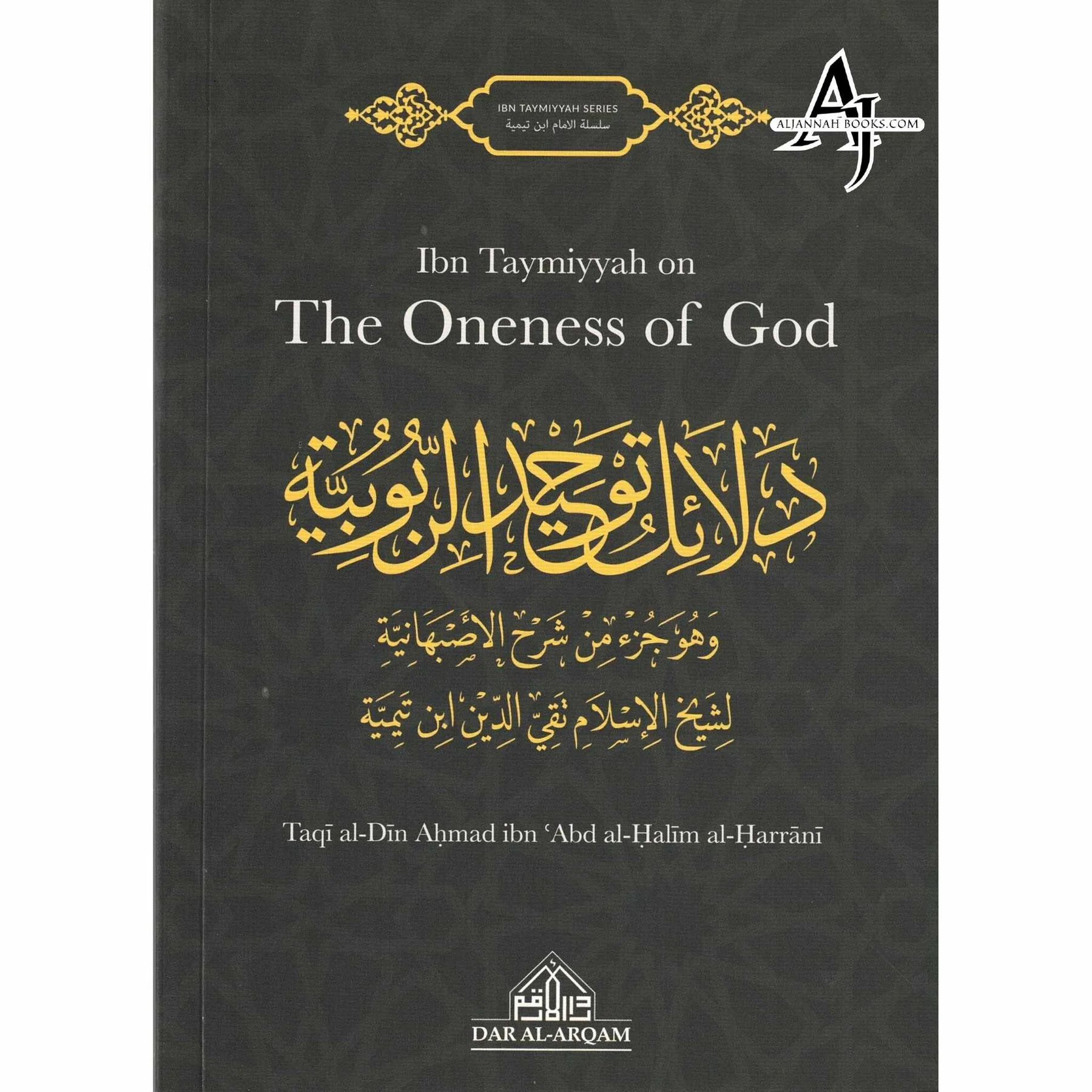Ibn Taymiyyah was a renowned 13th-century Islamic scholar whose influence continues to influence Islamic thought generation after generation. Characterized by his keen mind and firm adherence to the Qur’an and Sunnah, he devoted most of his scholarship towards refuting misunderstandings in Islamic theology. His emphasis on the doctrine of Tawheed (Oneness of God) remains among the greatest contributions towards the study of Islamic monotheism.
The Concept of Tawheed: Essence of Islamic Faith
Tawheed is the cornerstone of Islam. Tawheed is the singular oneness and singularity of Allah. Tawheed is not merely professing “God is one,” but it involves the heart, mind, and actions. Any compromise in this, says Ibn Taymiyyah, results in deviancy.
He divided Tawheed into three distinct categories:
Tawheed ar-Ruboobiyyah (Oneness of Lordship) Believing Allah alone is the Creator, Sustainer, and Controller of all affairs. Tawheed al-Uloohiyyah (Oneness of Worship) Directing all forms of worship solely to Allah. Tawheed al-Asma wa-Sifaat (Oneness of Names and Attributes) Affirming Allah’s names and attributes as stated in the Qur’an and Sunnah without distortion.
Refuting Shirk: The Opposite of Tawheed
Ibn Taymiyyah strongly opposed Shirk (associating partners with Allah) in any shape. Whether invoking saints, depending upon intermediaries, or bestowing Allah-like attributes upon created beings, he deemed all of these as a perilous diversion from Islamic monotheism.
He stressed that even small acts of shirk, such as trusting in amulets or charms, must be shunned. To him, Tawheed is not mere belief — it is total devotion, utter submission, and exclusive worship of Allah alone.
His Response to Philosophers and Sufi Extremes
In his era, different philosophical and mystical interpretations had infiltrated Islamic thinking. There were some groups that tried to merge Greek philosophy with Islamic theology, bringing metaphysical ideas that undermined the integrity of Tawheed. Ibn Taymiyyah refuted these interpretations.
He also condemned extreme Sufi practice in which others assigned divine traits to saints or averred unity with God in a literal form. Ibn Taymiyyah made a distinction between true Sufism, which focuses on spirituality and sincerity, and innovation that distorts fundamental beliefs.
Importance of Following the Qur’an and Sunnah
One of Ibn Taymiyyah’s strongest messages was the need to refer everything back to the Qur’an and authentic Sunnah. For him, all understanding of Allah’s oneness had to come directly from these two sources. He encouraged Muslims to stay away from speculative theology and instead return to the straightforward teachings of the Prophet ﷺ and his companions.
By doing so, he believed that the Muslim Ummah could remain united and avoid the confusion caused by misinterpretations.
Ibn Taymiyyah’s Practical Impact on Muslims
His teachings weren’t just theoretical. Ibn Taymiyyah’s focus on Tawheed influenced how Muslims approached acts of worship, du’a (supplication), reliance (tawakkul), and daily behavior. He taught that every action in a Muslim’s life should reflect their belief in Allah’s oneness.
Whether one is in the state of prayer, in employment, or interacting with other individuals, one needs to remember that Allah is always watching and that their actions reflect their belief in Tawheed.
Legacy in Contemporary Islamic Movements
Numerous modern scholars as well as Islamic movements have taken inspiration from the writings of Ibn Taymiyyah. His refusal to compromise on the absolutism of faith as well as the evils of innovations shaped reformist thought. His teachings continue to be studied in Islamic universities, and his focus on monotheism continues to dominate Islamic studies.
Other movements focused on returning to primary, authentic sources of Islam, like Salafism, consider Ibn Taymiyyah one of their founders. His work also calls, though, for an even larger message: to be contemplative in one’s thoughts, be sincere, and be loyal to the primary Islamic teachings.
Reading His Work Today: A Message That Transcends Time
Reading the works of Ibn Taymiyyah today offers guidance for Muslims in a world of distractions and spiritual disorientation. His loud voice calls to mind the rediscovery of the true essence of Islam absolute faith in and submission to Allah.
Works such as “Al-Aqidah Al-Wasitiyyah” and “Kitab al-Tawheed” are readily available and highly translated. They offer his ideas in an organized and compelling manner that is very much applicable to seekers of truth today.
If you seek to know Islam in more than just rituals, and to explore what really makes this religion whole. Reading Ibn Taymiyyah on the Oneness of God is an essential endeavor.
Where to Find His Books
Find genuine works by or on Ibn Taymiyyah at Darussalam US, your go-to Islamic bookstore. From Arabic originals to English translations, you’ll discover thoroughly vetted editions ideal for study and spiritual contemplation. These volumes are perfect for knowledge students, educators, and anyone willing to strengthen their faith and purify their beliefs.
Final Thoughts: Why Tawheed Should Be Your Foundation
Ibn Taymiyyah’s work in Islamic theology is monumental because it reminds Muslims of their roots. His return to Tawheed is not only for intellectual debates but resonates in the hearts of anyone who wants a meaningful relationship with Allah.
By adopting his method, we not only construct a good system of beliefs but also a more robust moral compass, greater sincerity, and a sense of direction. If you’re embarking on a quest to learn about Islam in its purest form, start with the Oneness of God as expounded by Ibn Taymiyyah.
Read more: The Noble Quran



